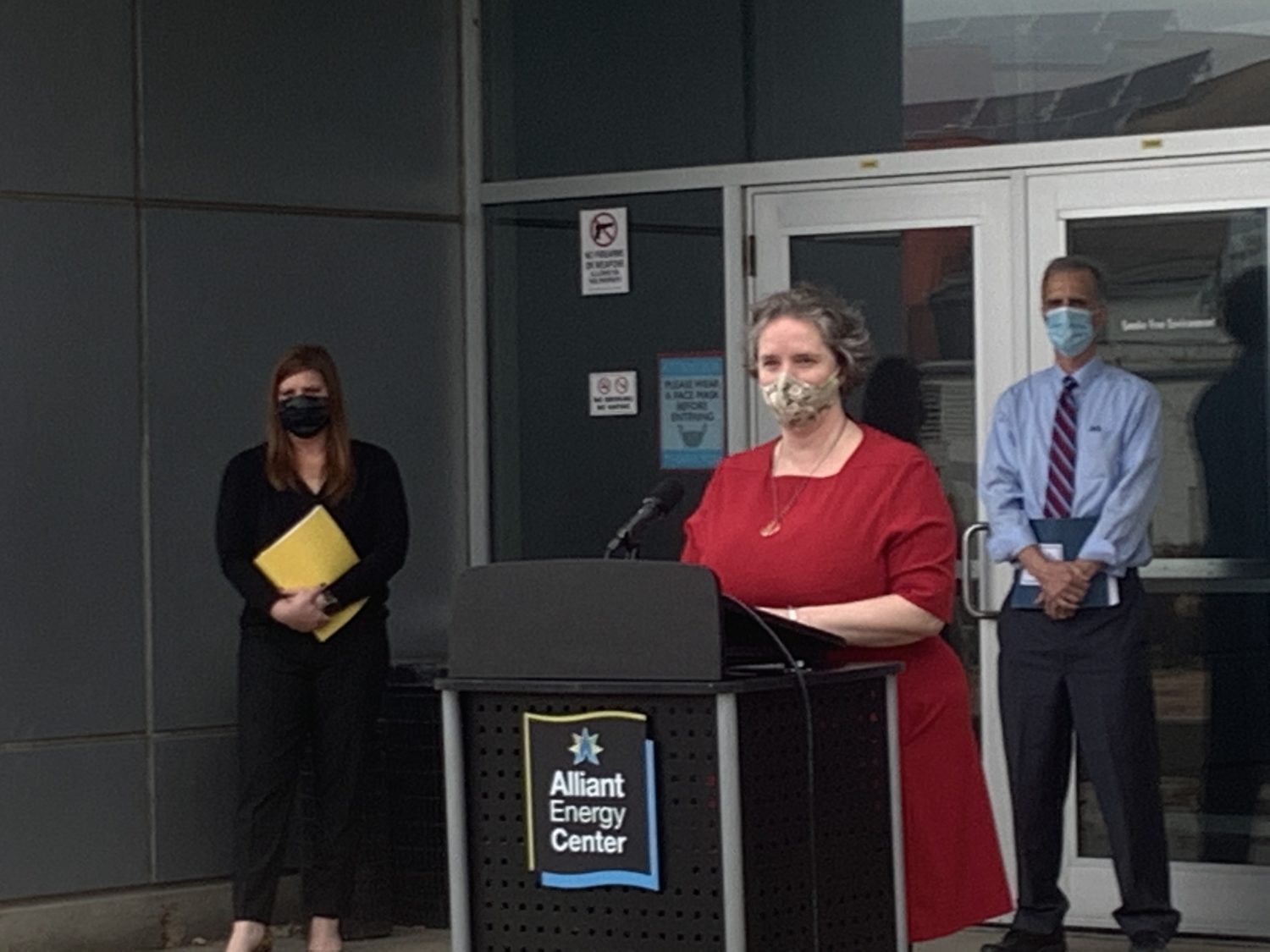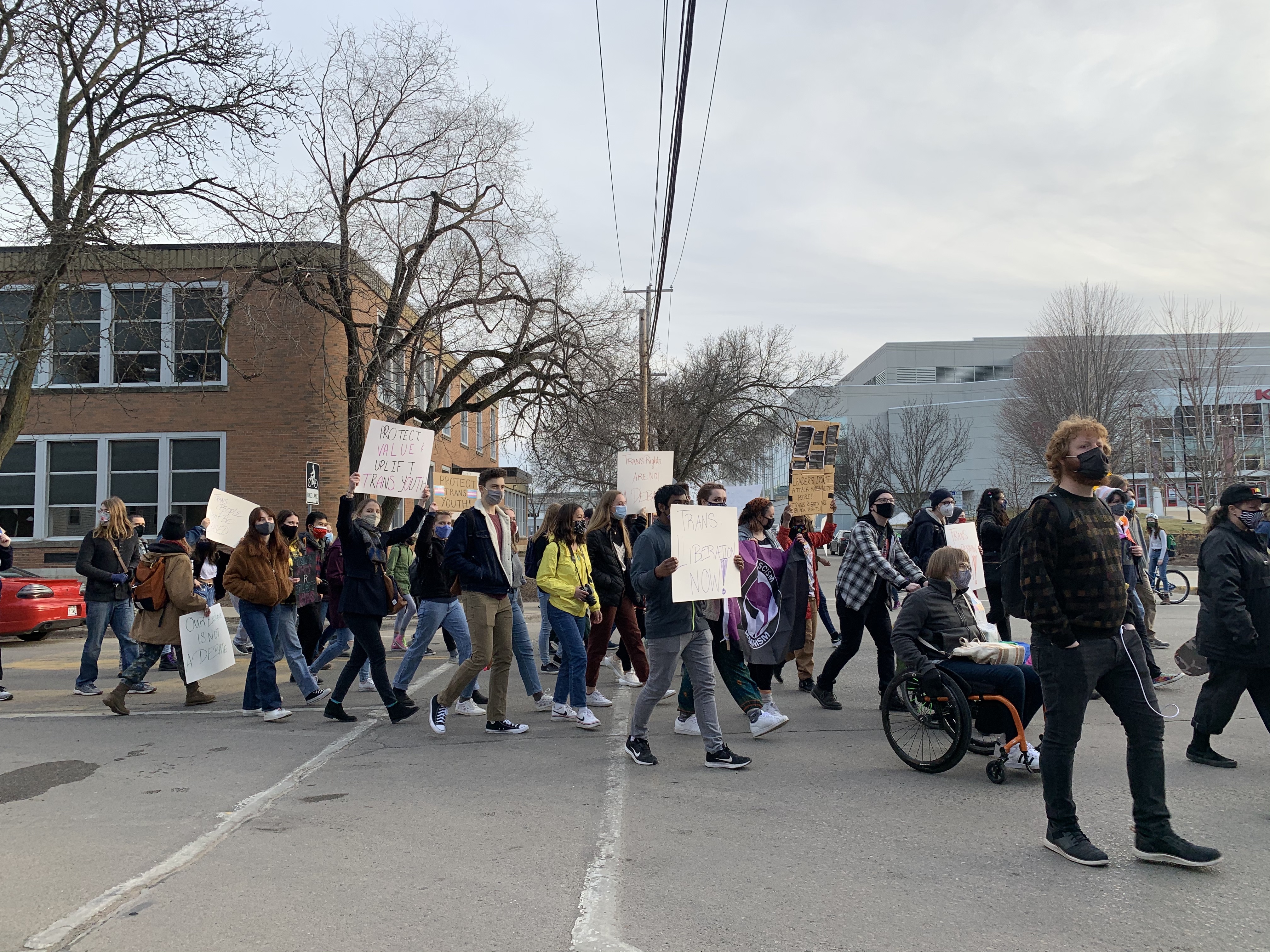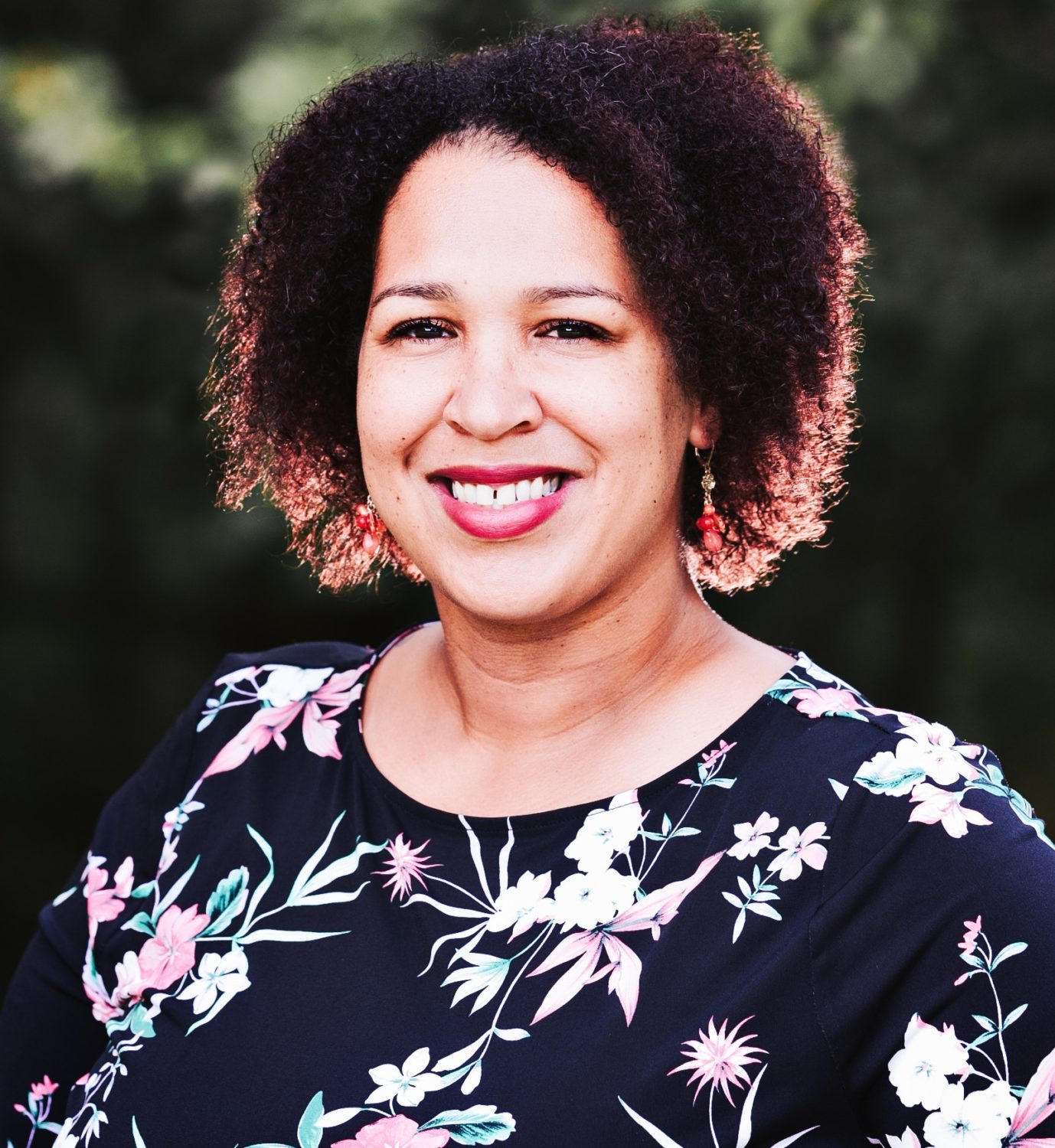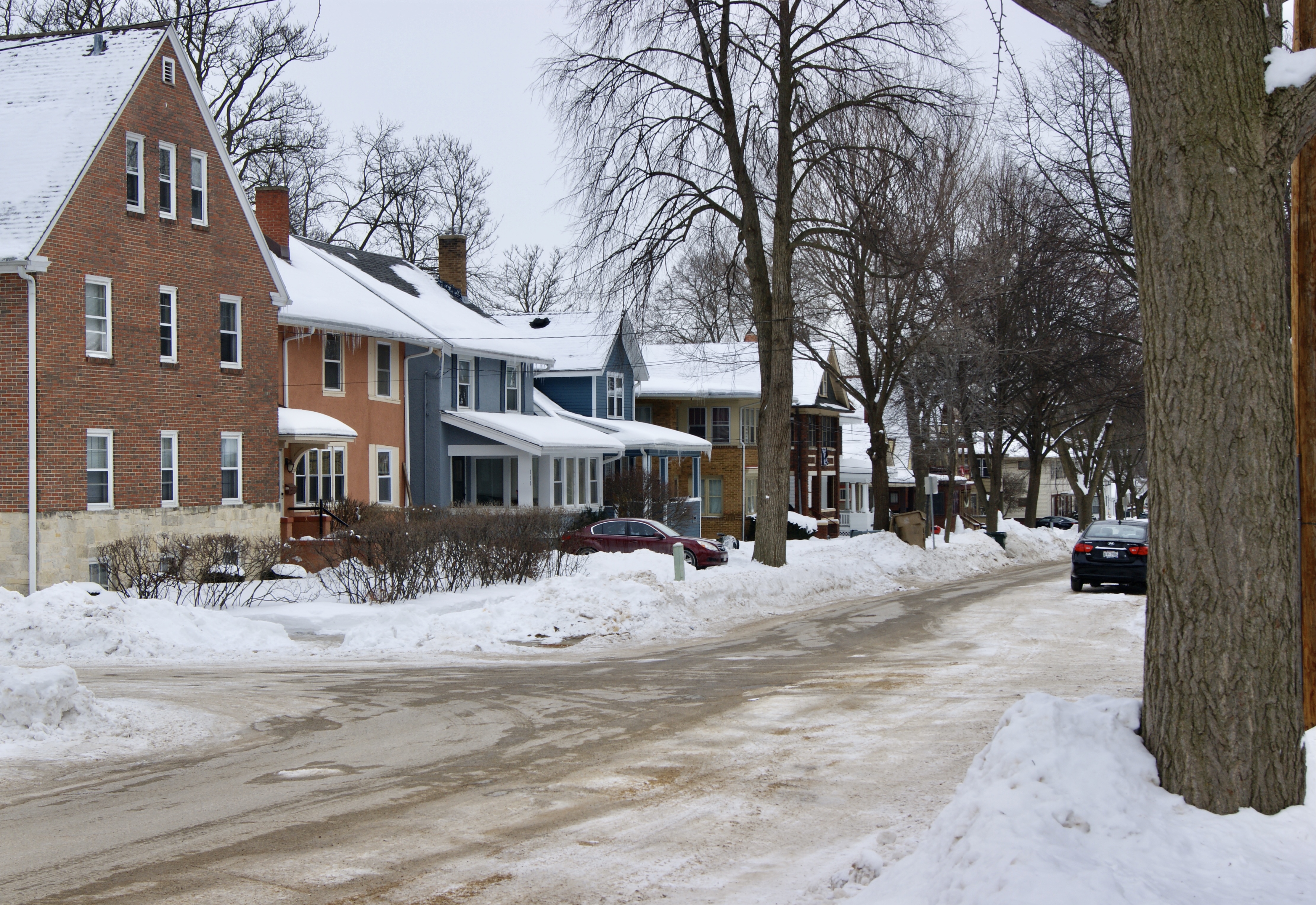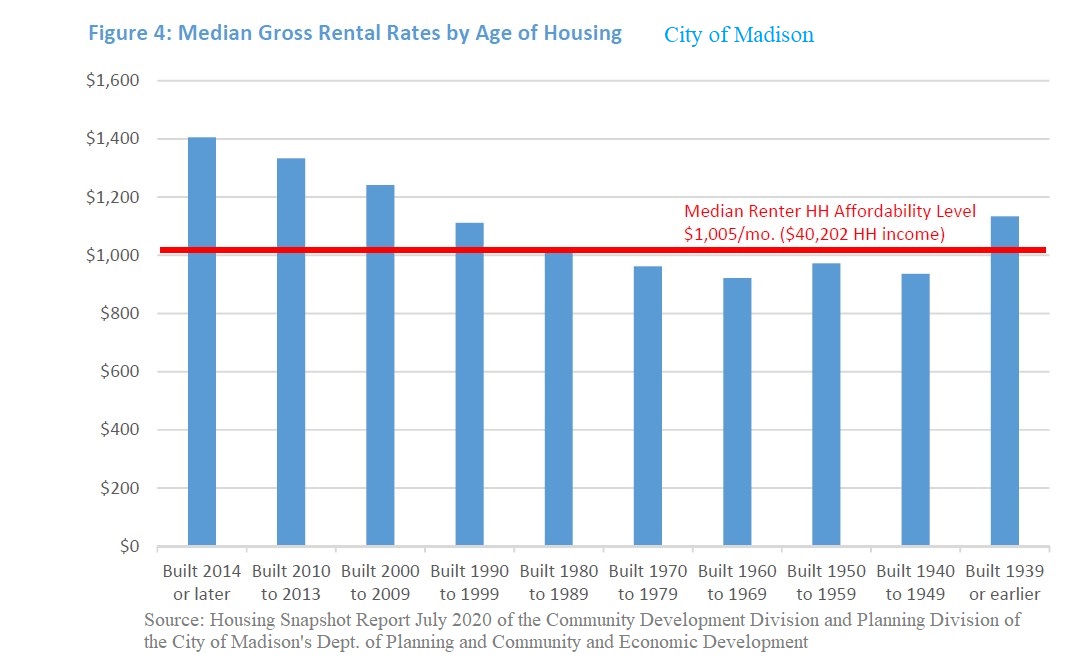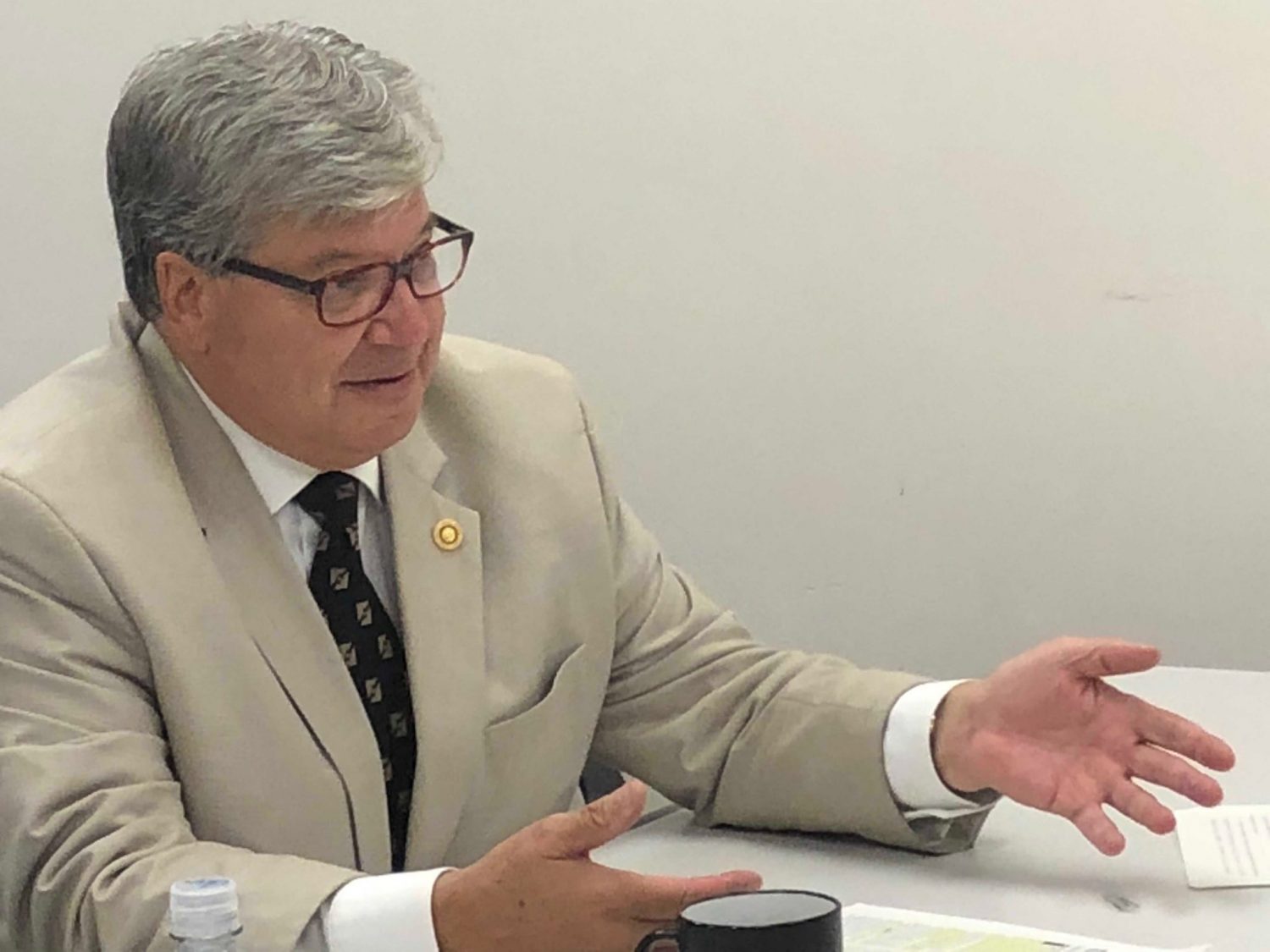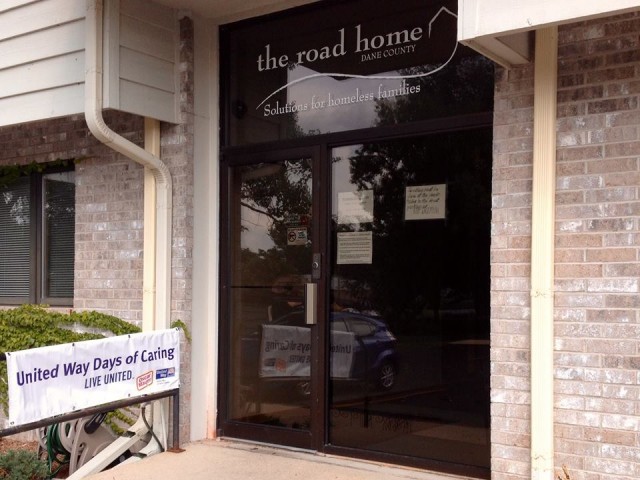A new Dane County health order went into effect Wednesday that removes an outdoor mask mandate and lifts all capacity restrictions for outdoor gatherings.
Author: rchappell
The Bus Stops Here: Voter ID requirement hurts transit-dependent voters
Next week, perhaps for the last time, the City of Madison will elect 20 City Council members for a 2- year period. Among their duties, Council members pass annual budgets that set taxes and determine how those taxes get spent. Those budgetary decisions in turn impact everything, from housing and police, to parks and yes, transportation.
Various politically-minded groups gear up for this event, help with political campaigns and/or endorse particular candidates. Their activity is based on the probably incorrect premise that potential or actual transit riders are as able to vote as others. It should be correct, and the Dane County Voter ID Coalition has assigned itself the task of identifying voters who may not have an acceptable voter photo ID, then arranging for them to receive assistance in obtaining one.
Dozens march for trans rights
On Friday, March 12, more than 50 people marched through the streets of Madison, ending at the State Capitol building, to protest new legislation that would curb the rights of transgender people. The protest was attended by people of all ages, sporting LGBTQ+ flags and signs denouncing the bill, and supporting the rights of Trans-gender individuals.
The organizers of the Trans Liberation March described that it was to “be a celebration of gender diversity and a way to tell the legislature that we will not let this pass.” In the description of the event on Facebook, they explained that while it is likely that Governor Evers will veto the new bill, “the fact that our existence is up for debate demands a movement for trans liberation.”
Nikki Conklin looks to bring diverse community voices to the table in District 9
“I believe that District 9 needs a new, young, fresh community leader at the table. All too often, Black, Indigenous people of color are the topic at the table but yet, we’re never at the table,” said District 9 Common Council candidate Nikki Conklin. “And so now, I really feel like this is my chance to shine and break all the odds and be at the table and actually bring the voices of the community to the table so we can be heard.”
Council candidate Doug Hyant: communication is top priority
Doug Hyant, the current Chief of Staff for State Representative Mark Spreitzer, is running for Alder of Madison’s Ninth District, representing the far west side. With past experience in electoral politics, and a sharp focus on communication, Hyant says that he is qualified and ready to listen to and represent the voices of district nine.
University neighbors welcome students back to town, despite COVID spread
Following a month-long break, UW-Madison students started a new semester on the 25th of January, with a mix of online and in-person classes. The University established new protocols for COVID-19 testing and tracking this semester, including a new app and guidelines for students to get tested twice a week. These safety measures are aimed not only at keeping students safe throughout the spring semester, but also to avoid a rapid spike in cases, similar to what happened at the beginning of the fall semester. While Dane County Executive Joe Parisi would rather see all instruction happening virtually, UW’s neighbors don’t mind students being back.
The Bus Stops Here: Madison Needs to Improve Public Transit Without Displacement, Part I
Transit advocates in Madison and elsewhere are quick to point out that traveling with one less car can save a household on average over $9,000
Amato seeks to leverage long history in Madison in Common Council race
At the beginning of 2020, Nino Amato had no intention of running for common council. After a successful career in the private sector, in which he held roles such as the CEO of the Coalition of Wisconsin Aging and Health Groups, the Public Policy Chair for United Against Hate, as well as the President of the Madison Equal Commission- to name a few- Amato planned on stepping back, focusing on teaching, and taking time to be with his family.
However, after seeing crime and racial disparities rise this summer, he decided to run for alderperson in Madison’s 9th District.
Parents, school officials look to increase MMSD special education staff, improve pay
The Madison Metropolitan School District (MMSD) may look to beef up staffing for its special education programs following a proposed funding increase for special education programs statewide.
Education for children without homes is hard enough; COVID is making it worse
Access to quality education is at risk for housing-insecure children in Madison as their families face the economic blowback of COVID-19 and the end of an eviction moratorium looms.
Governor Evers announced a $30 million CARES Act fund on Sept. 3, which directs $25 million towards the Wisconsin Rental Assistance Program. The next day, the Centers for Disease Control and Prevention announced a national eviction moratorium in an effort to mitigate the spread of COVID-19. However, come Dec. 31, families will be to pay their accumulated rent. If they are unable to do so, they will be evicted, putting children’s access to quality remote learning at risk.

